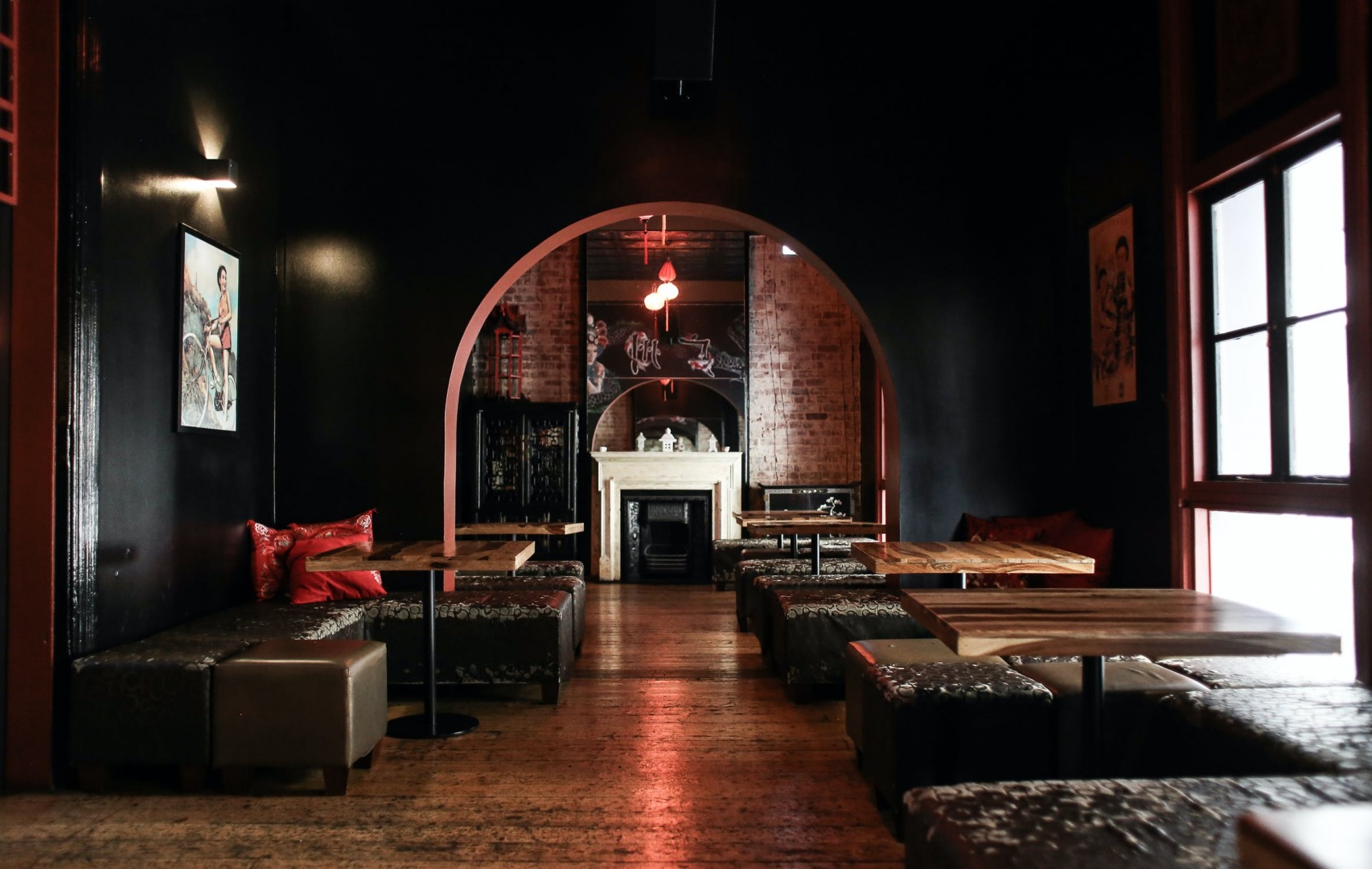Comments
- No comments found

We are told that we should plan our lives, make to-do lists, work diligently, organize our schedules and arrange things in sound and sensible ways.
But is it better to sometimes do the opposite and just be spontaneous?
Researchers Tonietto and Malkoc at Ohio University in 2016 carried out 13 studies of leisure activities and found that scheduling an activity (vs. experiencing it impromptu) makes it feel less free-flowing and more work-like. They discovered that scheduling diminishes both the anticipation and enjoyment of the experience. The researchers found that maintaining the free-flowing nature of the activity by “roughly scheduling” (without prespecified times) is much better.
Spontaneity does not just lead to more fun. It also leads to more creativity and innovation. In business a strict regime of hard work and meetings with no down-time leaves little or no bandwidth for fresh ideas and experimentation. Working from home has exacerbated this trend and has purged the casual conversations and serendipitous moments we can share in the office.
How can you embolden spontaneity and creativity at work? Here are some ideas:
Most regular meetings have the same agenda with little time for ‘any other business’ at the end. Occasionally try a meeting with no agenda. People turn up and chat about anything they want to. You can guide it a little by asking questions such as, ‘Tell us something good or unexpected that has happened.’
Encourage people to have a coffee or lunch with someone from another department – just to have a chat and learn what is happening elsewhere in the business.
Each member of the senior team is given a different list of say six recent customers for your product or service. They have to phone and chat to at least four of them and ask questions about the client’s experiences and suggestions for improvements. The group then shares their stories and learnings. This can lead to many important insights and ideas for innovations.
Once a month the chief has lunch with people chosen at random from different departments. There is no agenda but in a more relaxed atmosphere the boss should learn some home truths about what is really happening at the grass roots.
It is often at the bar at the end of the day that the really good ideas surface so as to encourage mixing in a relaxed way at sports events, quizzes or social activities after work.
People are inclined to retreat to their comfort zones and work hard at their tasks. This is fine up to a point, but it stifles creativity and the casual interactions that lead to good ideas. From time to time, it pays to break the routine and do something spontaneous. Encourage some fun. Plan the unplanned. Allocate some time to try something impromptu. Surprise people and do it on the spur-of-the-moment.
Paul is a professional keynote conference speaker and expert facilitator on innovation and lateral thinking. He helps companies improve idea generation and creative leadership. His workshops transform innovation leadership skills and generate great ideas for business issues. His recent clients include Airbus, Microsoft, Unilever, Nike, Novartis and Swarovski. He has published 30 books on lateral thinking puzzles, innovation, leadership and problem solving (with over 2 million copies sold). He also acts as link presenter at conferences and facilitator at high level meetings such as a corporate advisory board. He has acted as host or MC at Awards Dinners. Previously, he was CEO of Monactive, VP International of MathSoft and UK MD of Ashton-Tate. He recently launched a series of podcast interviews entitled Insights from Successful People.
Leave your comments
Post comment as a guest